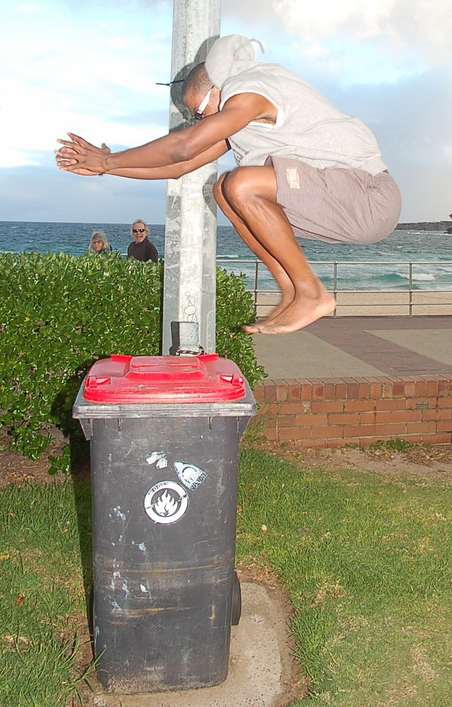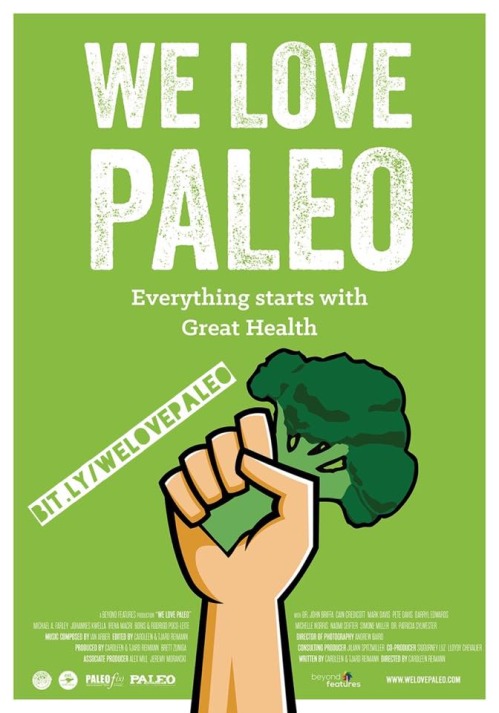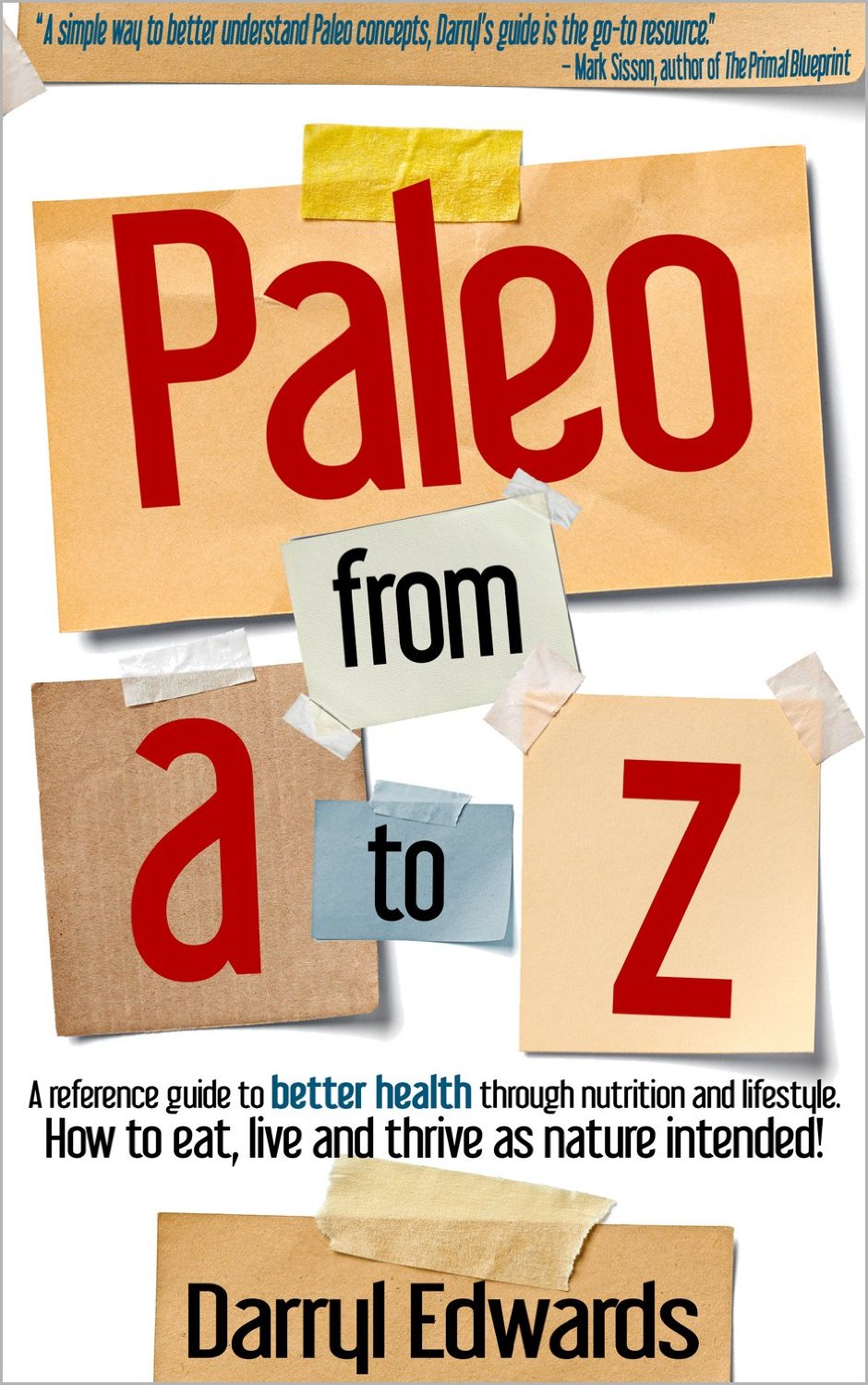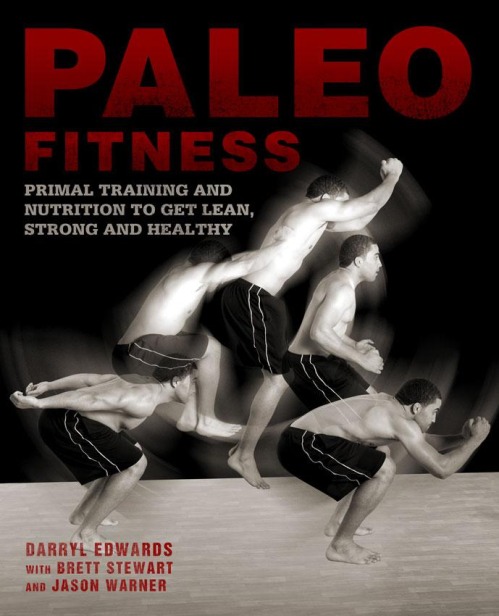 Photo: New York Times
Photo: New York Times
An interesting article I came across today in the New York Times (online). It discusses the extraordinary abilities of a 91 year old Master's Canadian athlete, Olga Kotelko who started to compete at the ripe young age of 77. But this is not just a piece on a remarkable young lady, but an insight into how we can all gain from her work.
It is common knowledge that as we age, we lose (amongst other things) muscle mass, bone density, strength, flexibility and cardiovascular ability. This process is also accelerated rapidly with one's personal choice (or via peer pressure) to become more sedentary as we age. Our increasing reliance on 'mobility' devices - (should they not be called immobility devices?) and a general lack of enthusiasm for movement of any kind.
This lack of mobility in our lives was especially poignant as I arrived at my destination airport last night (after a long haul flight from London). I was astounded at all the travelators, escalators, and electric cars escorting healthy, able-bodied persons around the terminal.
"After sitting for 10 hours on the plane, why not continue to sit in a wheelchair, be escorted to my car and then sit as a passenger all the way home"?
Anyway I digress....
This article explores a few areas of research looking at exercise as a way to decelerate the ageing process. Looking at mitochondria (responsible for releasing energy from glucose during respiration) and its ability to support youthful exuberant activities. Some researchers have noticed a strong correlation in physical function degeneration with mitochondria degeneration thus increasing the importance of movement and exercise as an elixir of youth.
There is also discussion on why some individuals tend to hold onto their functional capabilities for longer.
Two very interesting segments are:
exercise — elixir not so much of extended life as extended youthfulness
James Fries, an emeritus professor at Stanford School of Medicine, coined the working buzz phrase: “compression of morbidity.” You simply erase chronic illness and infirmity from the first, say, 95 percent of your life. “So you’re healthy, healthy, healthy, and then at some point you kick the bucket”
In a nutshell, maintain as much of the prime of your life as possible, by maximising your abilities for as long as possible.
The full article can be read here:
The Incredible Flying Nonagenarian
 Wednesday, December 8, 2010 at 20:25 | by
Wednesday, December 8, 2010 at 20:25 | by  Darryl Edwards
Darryl Edwards 
 Mens Fitness in
Mens Fitness in  Bodyweight Exercise,
Bodyweight Exercise,  Fitness,
Fitness,  Media
Media 





















